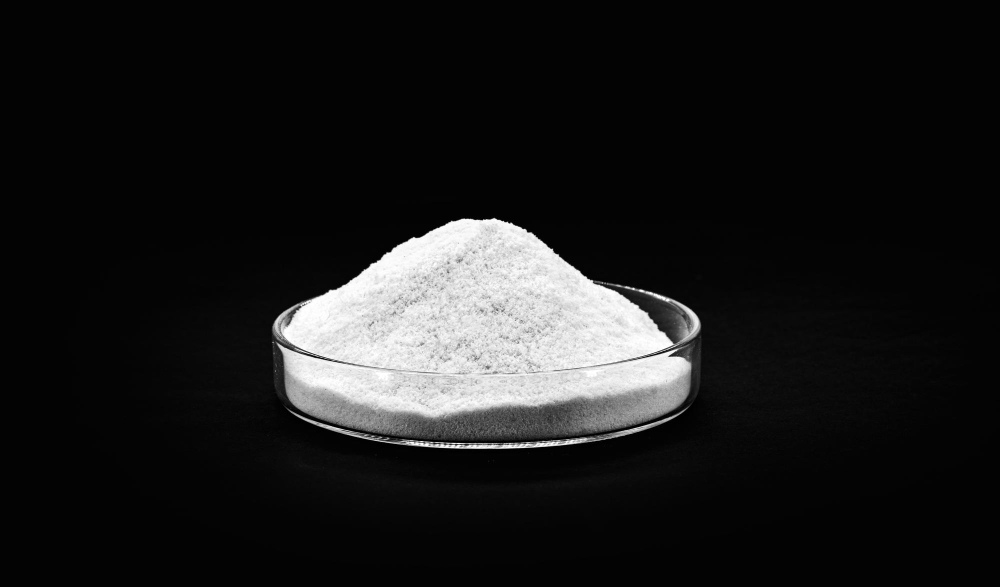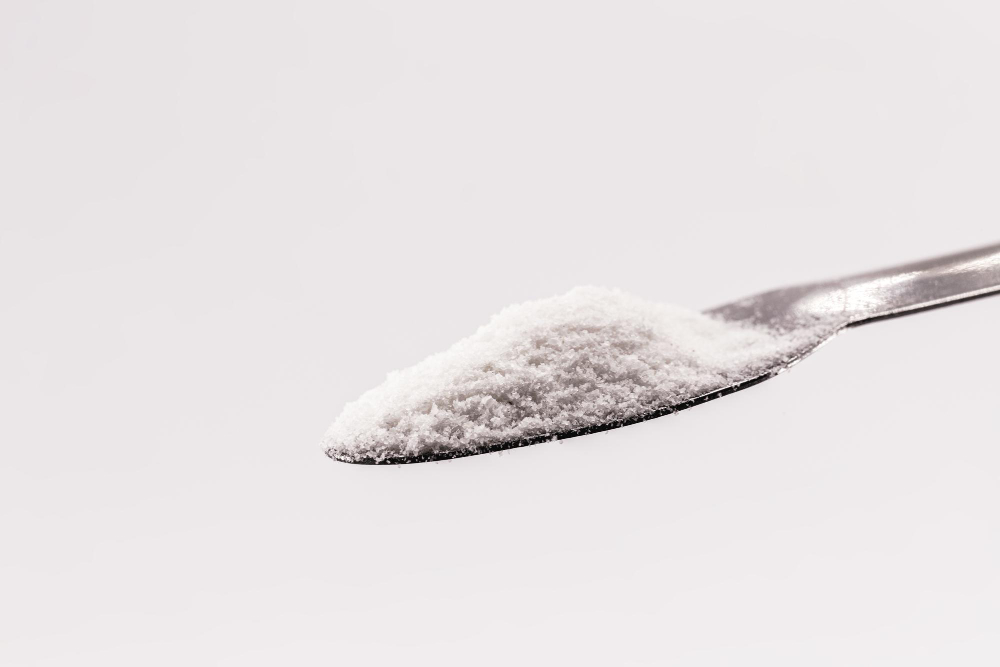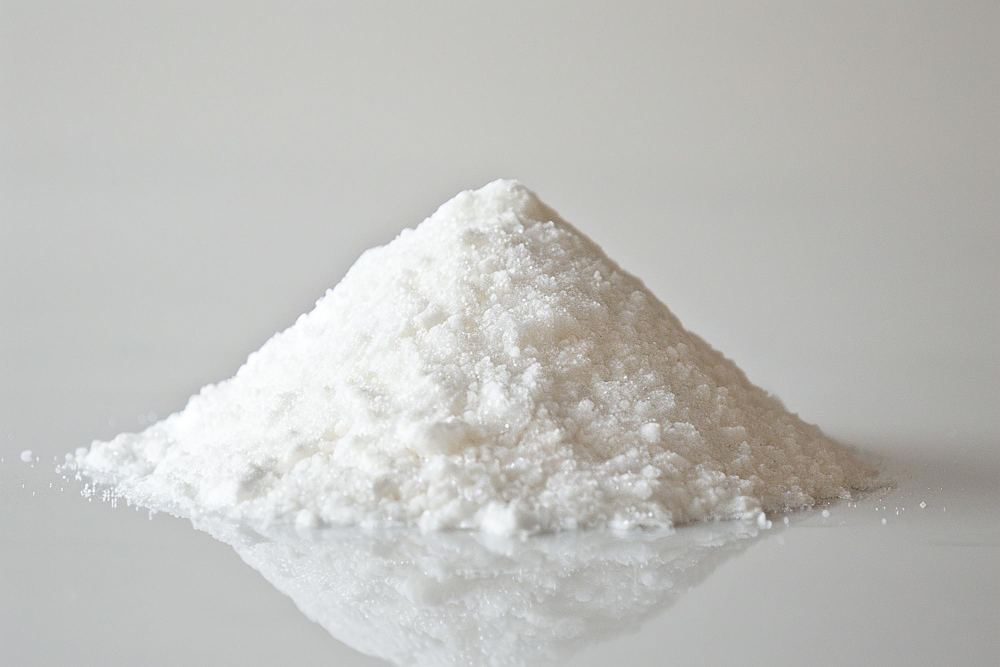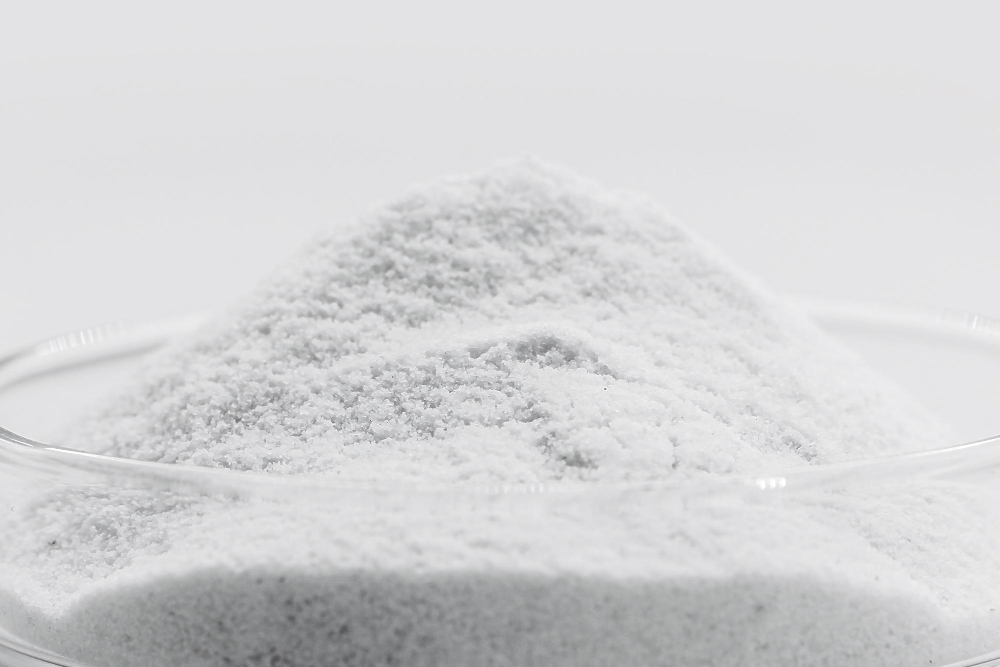
L-Theanine in Sports Performance Enhancing Calm Mental Clarity
Introduction
L-theanine is an amino acid most commonly found in green tea (Camellia sinensis). Unlike stimulants that heighten arousal, L-theanine is best known for promoting calm alertness without sedation. In sports nutrition, it is valued for its ability to reduce stress and anxiety, improve focus, and support recovery when paired with other compounds. Increasingly, athletes use L-theanine as a “balancing” supplement alongside caffeine or as part of a recovery stack.
Mechanisms of Action
- Alpha Brain Wave Activity
- L-theanine increases alpha brain wave activity, associated with relaxed but alert mental states.
- This may translate into improved concentration, composure, and reaction under pressure.
- Neurotransmitter Modulation
- Increases levels of GABA, serotonin, and dopamine.
- These neurotransmitters regulate mood, stress, and focus, helping athletes maintain calmness during competition.
- Synergy with Caffeine
- L-theanine is often combined with caffeine to enhance alertness while reducing jitters, anxiety, and post-stimulation crashes.
- The combination is particularly popular in esports, endurance sports, and training contexts requiring sustained focus.
Research on Cognitive and Athletic Performance
- Cognitive performance: A 2016 systematic review in Nutrients concluded that L-theanine supplementation improves attention, reaction time, and mental clarity, especially in combination with caffeine.
- Stress and anxiety reduction: Studies show L-theanine reduces physiological stress markers, such as cortisol, and promotes relaxation, which may help athletes perform better under competitive pressure.
- Sleep and recovery: L-theanine may improve sleep quality, an essential factor for muscle repair, recovery, and overall performance consistency.
- Athletic settings: While research on L-theanine alone in sports is limited, benefits for focus, stress management, and sleep indirectly support athletic outcomes.
Dosage and Timing
- Standard dose: 100–400 mg daily, depending on goals.
- With caffeine: A 2:1 ratio of L-theanine to caffeine (e.g., 200 mg L-theanine with 100 mg caffeine) is commonly used for focus without overstimulation.
- For recovery: Doses closer to bedtime (200–400 mg) may enhance sleep quality.
Safety and Side Effects
- L-theanine is generally safe and well tolerated.
- Few side effects have been reported, even at higher doses (>400 mg).
- It is not addictive and does not cause sedation, making it suitable for both pre-performance focus and post-performance recovery.
Conclusion
L-theanine is not a direct ergogenic aid like caffeine or beta-alanine, but its ability to promote calm focus, reduced stress, and improved sleep quality makes it a valuable supplement for athletes. By enhancing composure during competition and supporting recovery through better rest, L-theanine plays a unique complementary role in sports nutrition. When paired with caffeine, it offers a potent balance of energy and relaxation, supporting both performance and recovery needs.
Sources
- Hidese, S., Ogawa, S., Ota, M., Ishida, I., Yasukawa, Z., Ozeki, M., & Kunugi, H. “Effects of L-Theanine Administration on Stress-Related Symptoms and Cognitive Functions in Healthy Adults: A Randomized Controlled Trial.” Nutrients, vol. 11, no. 10, 2019, p. 2362. doi:10.3390/nu11102362.
- Camfield, D. A., Stough, C., Farrimond, J., & Scholey, A. B. “Acute Effects of Tea Constituents L-Theanine, Caffeine, and Epigallocatechin Gallate on Cognitive Performance and Mood: A Systematic Review and Meta-Analysis.” Nutrients, vol. 6, no. 11, 2014, pp. 4779–4802. doi:10.3390/nu6114779.
- Dietz, C., & Dekker, M. “Effect of Green Tea Phytochemicals on Mood and Cognition.” European Journal of Clinical Nutrition, vol. 71, no. 5, 2017, pp. 594–602. doi:10.1038/ejcn.2016.223.
- Owen, G. N., Parnell, H., De Bruin, E. A., & Rycroft, J. A. “The Combined Effects of L-Theanine and Caffeine on Cognitive Performance and Mood.” Nutritional Neuroscience, vol. 11, no. 4, 2008, pp. 193–198. doi:10.1179/147683008X301513.
- Lyon, M. R., Kapoor, M. P., & Juneja, L. R. “The Effects of L-Theanine (Suntheanine®) on Objective Sleep Quality in Boys with Attention Deficit Hyperactivity Disorder (ADHD): A Randomized, Double-Blind, Placebo-Controlled Clinical Trial.” Alternative Medicine Review, vol. 16, no. 4, 2011, pp. 348–354. PMID:22214254.
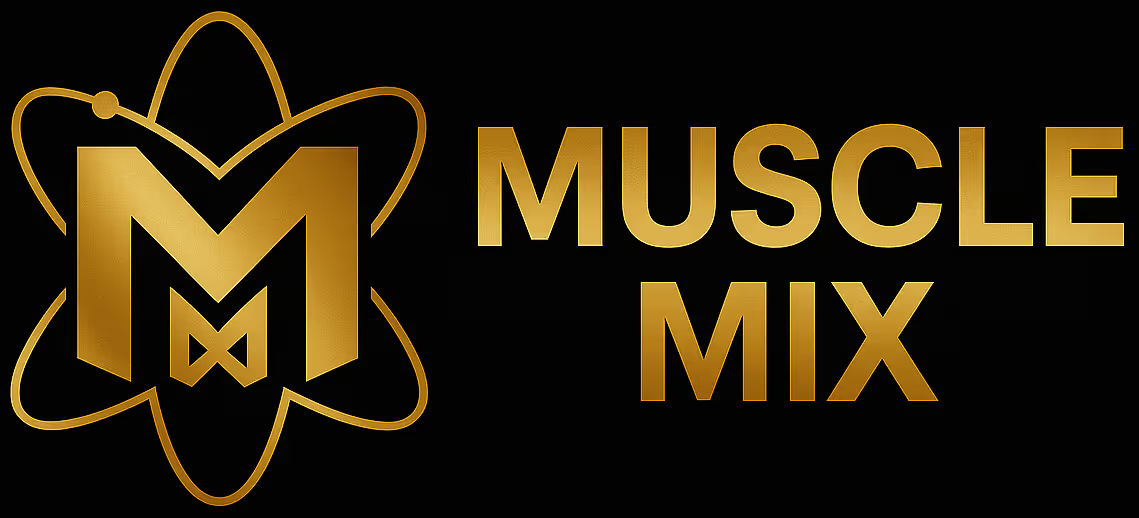
.svg)

